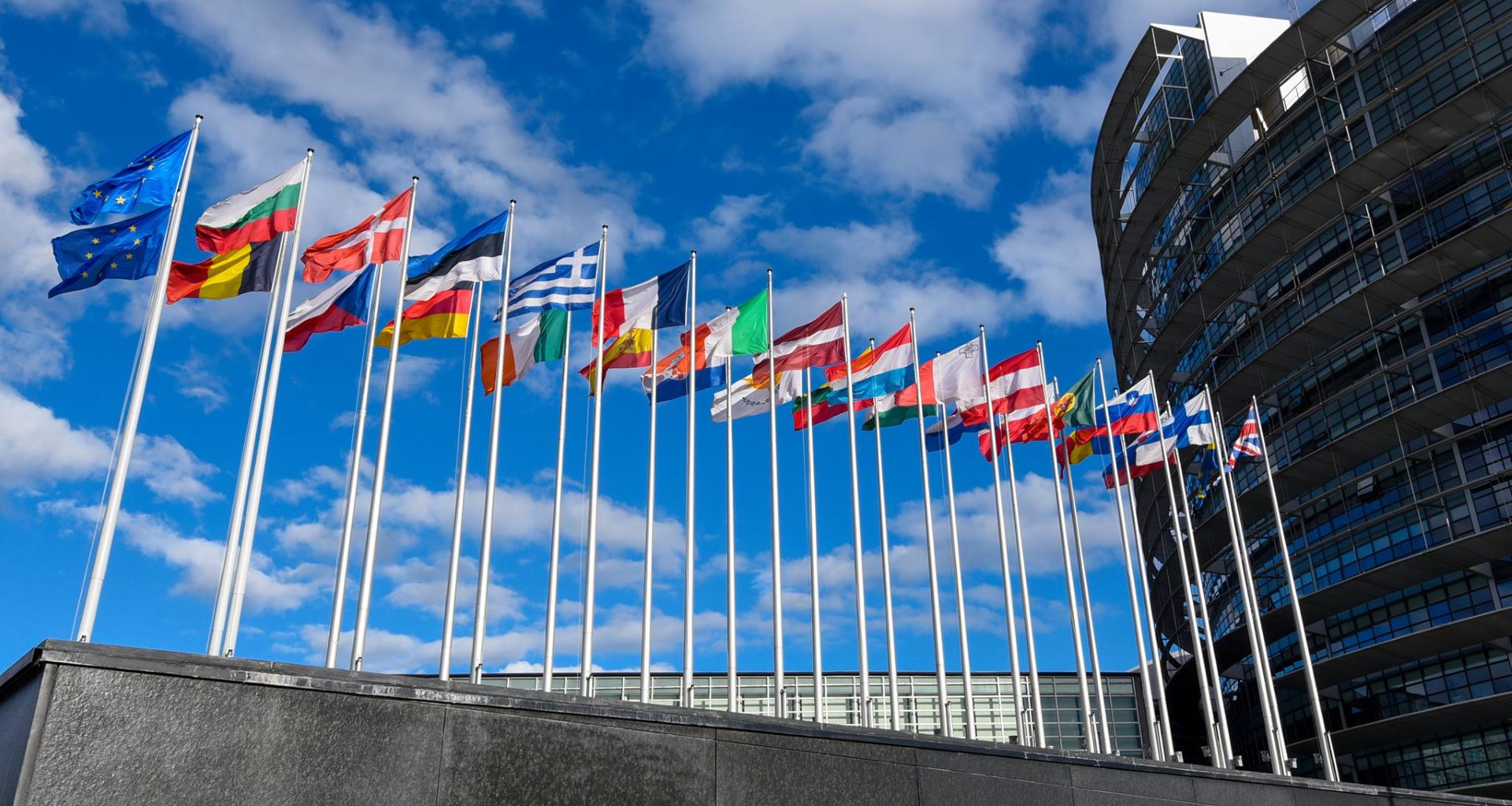European Union rejects controversial copyright reforms
The European Parliament voted against the Copyright Directive 318-278, meaning it will be sent back for revisions.

The European Union's Legal Affairs Committee (JURI) passed a vote last month in favor of online copyright reform legislation known as the Copyright Directive. The approval came despite widespread criticism of the proposed changes: Opponents warned the new law could lead to higher costs through a "link tax" that would force aggregating sites to pay media companies before linking to their content, and widespread censorship via an "upload filter" that would scan all uploaded material—including memes—for copyright violations before it was posted.
The vote before the European Parliament proved a tougher nut to crack, however, and as reported by The Verge it was rejected by a vote of 318-278. That means the legislation will be sent back for review and changes, and will be subject to another vote in September.
"I regret that a majority of MEPs did not support the position which I and the Legal Affairs Committee have been advocating. But this is part of the democratic process," MEP Alex Voss said. "We will now return to the matter in September for further consideration and attempt to address peoples’ concerns whilst bringing our copyright rules up to date with the modern digital environment."
Raegan MacDonald, Mozilla's head of EU public policy, hailed the vote as a victory "for Europe's citizens, its SMEs and startups, especially those in the creative sectors."
"By a clear majority, MEPs have rejected rubber stamping proposals that would have forced internet companies to filter the web, and would have introduced an unprecedented tax on linking online," MacDonald said in a statement.
Not everyone shared that perspective, however. SACEM, the Society of Authors, Composers and Publishers of Music, issued a statement describing the vote as "the product of a violent GAFA campaign that manipulated the opinion of a large number of MEPs, disregarding the work done by their colleagues in the Legal Affairs Committee."
"Internet giants have deceived consumers, European citizens and the majority of the European Plenary assembly by misrepresenting a campaign based on real economic and remuneration issues as a threat to freedom of expression, a deceitful campaign designed to mask their true intention—to preserve their advertising revenues," it said.
Keep up to date with the most important stories and the best deals, as picked by the PC Gamer team.
"We live in a world where there are rules to protect the weak in relation to the strong. The Internet is part of our lives and must be regulated. Without appropriate regulation, the will of the Internet giants will be imposed unsparingly on the artists."
CISAC, the International Confederation of Societies of Authors and Composers, issued a similar statement, saying it "is disappointed at the European Parliament’s rejection of its lead JURI committee’s report on the draft legislation."
Both supporters and opponents of the Copyright Directive urged their followers to remain mobilized while the legislation undergoes revisions. Significantly, the vote also ensures that the revision process will be held in the open rather than, as EDRi warned in June, in "secretive discussions" between JURI and the EU Council.
"This will allow the 751 MEPs to propose amendments in September and call for the deletion of the notorious Article 13," EDRi said. "Regardless of the huge lobbying from the rightsholder industry, the EP has decided to have open discussions aimed at finding an optimal text that balances all views on the Directive and that removes the risk of privatised censorship."
The vote on the revised legislation, according to European Pirate Party MEP Julia Reda, is scheduled for September 10-13.
Great success: Your protests have worked! The European Parliament has sent the copyright law back to the drawing board. All MEPs will get to vote on #uploadfilters and the #linktax September 10–13. Now let's keep up the pressure to make sure we #SaveYourInternet! pic.twitter.com/VwqAgH0Xs5July 5, 2018

Andy has been gaming on PCs from the very beginning, starting as a youngster with text adventures and primitive action games on a cassette-based TRS80. From there he graduated to the glory days of Sierra Online adventures and Microprose sims, ran a local BBS, learned how to build PCs, and developed a longstanding love of RPGs, immersive sims, and shooters. He began writing videogame news in 2007 for The Escapist and somehow managed to avoid getting fired until 2014, when he joined the storied ranks of PC Gamer. He covers all aspects of the industry, from new game announcements and patch notes to legal disputes, Twitch beefs, esports, and Henry Cavill. Lots of Henry Cavill.

